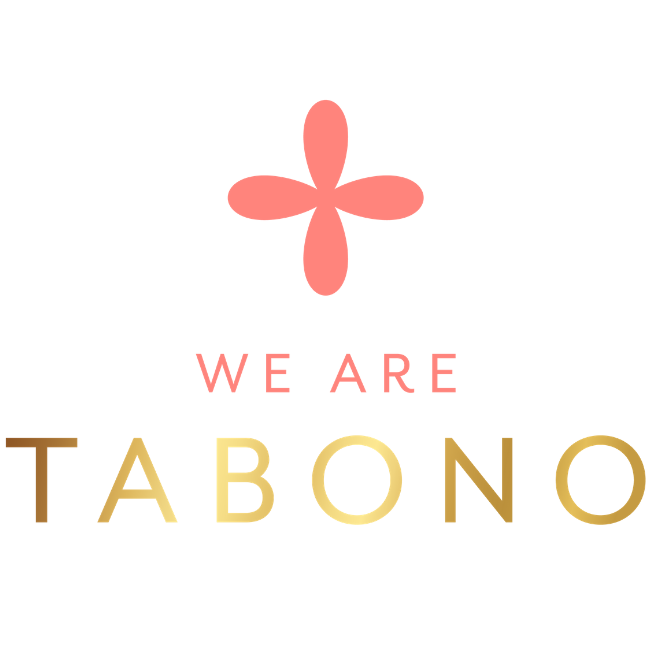
Who reads business plans, anyway? Who are your business plan users? When you’re starting out in business, and you’re wondering whether or not you actually need a business plan, you might ask yourself this very question. After all, who wants to spend ages writing a plan that then gets left on your shelf, and nobody reads it? Well, before we get to that question, I want to be clear – business plans are pretty fundamental if you want to maximise your chances of success. You can read more about why that is here, and also more about what you should include in your plan, and how to write it, here.
Let’s skip forward then, and imagine that you have a beautifully crafted plan and you’re ready to share it (and your business) with the world. But then what? Who should you be sharing it with? Who should be reading your business plan?
The difference between a hobbyist and an entrepreneur is a plan.
Emma Mann
Business plan users: 5 key groups
In this blog, I’m going to explain the five key groups of business plan users, why they’re interested and why they are important for the future of your business.
1) Your family
We all have bills to pay, and we all have a certain level of household income that we need to achieve in order to do that. If you’re embarking on a new venture for the first time – particularly if you’ve left a corporate career to do so – your family are going to want reassurance that your business is going to deliver. So talk them through your plans and get them on board. If they understand and buy in to what you’re trying to achieve, and what the likely return is going to be, they are far more likely to champion you on your journey, through both the good days and the more difficult ones.
2) A mentor/critical friend
The second business plan user group is a mentor, coach or critical friend. There’s a great article on why coaching and mentoring is beneficial in general terms here, but in the context of this blog – you’ve heard the phrase ‘can’t see the wood for the trees’? Well the same is true for business plans. When we write something like that, we naturally and understandably come too close to it. We end up having read the same thing countless times, and can no longer see the finer details and opportunities for improvement. That’s where a mentor or critical friend comes in. Once you’ve drafted your plan, have someone go through it with a fine-tooth comb and stress-test or challenge it. Have them proactively look for weak points and gaps. This can be hugely beneficial when it comes to a) producing the final version and b) testing whether or not your plan is realistic and achievable to fresh eyes.
3) Partners and collaborators
The third group of business plan users are partners and collaborators. If the success of your business relies on partnerships and working with others, they are likely to want to understand at least some, if not all, of your business plan. Why? Because they want to know who they are going into partnership with, and because they want to be assured that the partnership is likely to deliver what they are looking for. You don’t have to share your whole plan with them of course, but think about how you might protect any confidential information before you start.
4) Investors and external finance providers
You don’t have to have an investor, or seek external finance for your business, but it can be hugely beneficial in terms of providing a cash injection to facilitate greater progress. Investors and external finance providers can also bring a wealth of expertise, experience and connections that can open doors to opportunities that you may not have been able to access alone. If you are intending to seek funding of any sort then, this group of business plan users becomes absolutely fundamental. The reason for this is simple – any person or organisation considering providing you with finance, is going to want to see some sort of return. The way to demonstrate this is, of course, your business plan.
5) You
The fifth business plan user is quite possibly the most important. You. As the business owner, it’s crucial that you understand your plan from every angle, and that you can see how everything fits together. Your plan should be the map or set of directions that guides you to where you want to be. It’s the document that tells you where to focus your energies and where your boundaries should be. Your plan is the tool that keeps you on track and keeps you moving forward. As such, you need to wholly buy in to your plan and believe in it – because if you don’t, nobody else will either!
If you don’t have a business plan at the moment, don’t worry. It is absolutely not something that you can sit down and cobble together in an hour or two. It should be something that you take time over and get right. So start to set aside time in your diary and decide how you’re going to tackle it. One step at a time. And if you do have a plan and haven’t looked at it for a while, it’s time to dust it off and review it. Check that it’s still accurate and that any assumptions you made in it are correct.
Equally, you don’t have to write your plan for all five types of business plan users – they may not all be relevant to you. But the fifth one certainly will be! Remember, YOU are the most important of all five business plan users… so make a plan to user your plan! It’s a vital tool for your future success.
